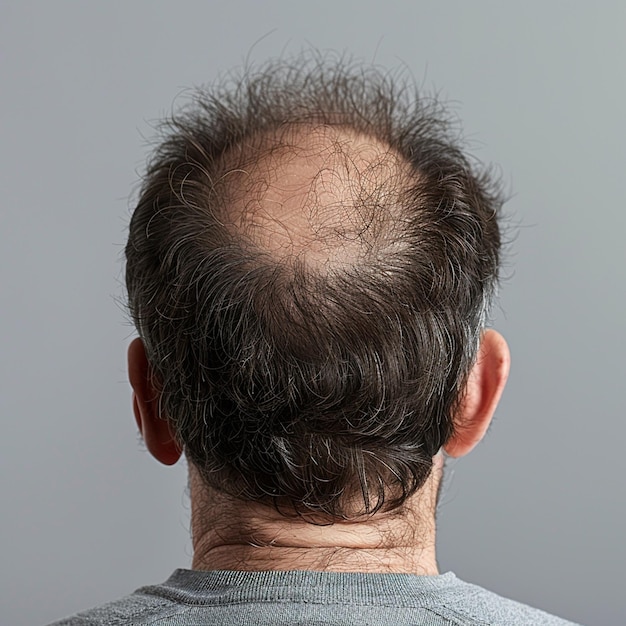Telogen Effluvium
Telogen Effluvium doesn’t have to be permanent. Identify the cause, treat it early, and support natural regrowth with expert-led care.
What is Telogen Effluvium?
Telogen Effluvium is a common yet often misunderstood cause of temporary hair loss. It occurs when a significant number of hair follicles enter the resting phase (telogen) of the hair cycle prematurely, usually triggered by physical or emotional stress. About three months later, these hairs are shed, leading to noticeable thinning.
In most cases, this condition is temporary and resolves when the body recovers from the underlying trigger. However, when hair shedding continues for more than six months, it is referred to as Chronic Telogen Effluvium. In this chronic form, hair thinning is evident, but the follicles remain intact.

Acute vs. Chronic Telogen Effluvium
| Feature | Acute Telogen Effluvium | Chronic Telogen Effluvium |
|---|---|---|
| Duration | Short-term condition | Lasts longer than 6 months |
| Cause | Triggered by a specific stressor | Hair appears thinner, but follicles remain |
| Hair Regrowth | Usually occurs within 6 months | Often requires professional assessment to identify ongoing triggers |
Common Triggers of Telogen Effluvium
The onset is usually linked to a stressor or change that disrupts the natural hair cycle. Common causes include:
- Rapid weight loss or nutritional deficiencies
- Significant emotional or psychological stress
- Hormonal changes in women (pregnancy, childbirth, contraception changes)
- Major surgery or illness
- Certain medications
Psychological & Physical Stress
Emotional events such as bereavement, divorce, or intense work pressure can push follicles into the resting phase. Physical stress, such as surgery, can have the same effect. In both cases, shedding often begins around 3 months later and may resolve once the stressor is managed.
Medication-Induced Hair Loss
Women’s Health & Telogen Effluvium
Pregnancy & Childbirth:
Contraceptive Changes:

Diagnosis & Personalised Treatment Plans
Hair loss is complex, and an accurate diagnosis is essential. Duration of shedding, visible scalp changes, medical history, and trigger identification all guide treatment. At Harley Hair DX, personalised plans are designed to:
- Address the root cause
- Improve scalp health
- Support rapid recovery and regrowth
- Monitor progress with professional follow-ups
Take the First Step Today
The earlier the advice is sought, the better the results.

